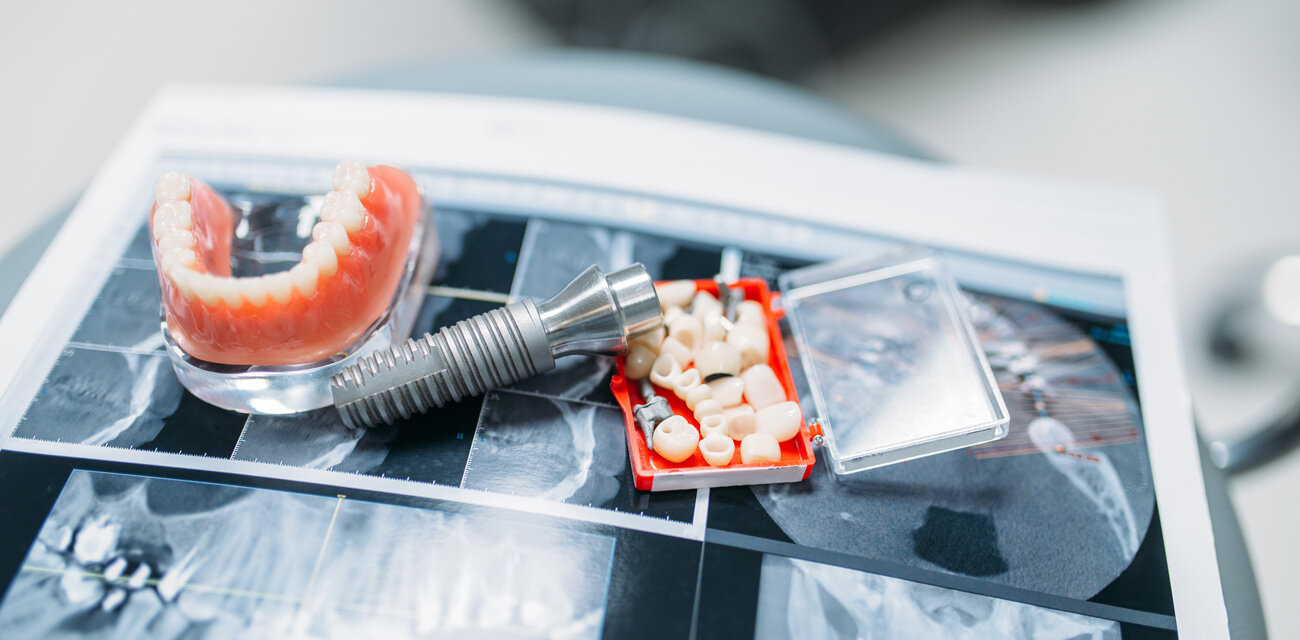
Treatment Options
There are several treatment options for replacing missing teeth, including tooth-supported bridges, partials, dentures, and dental implant-supported replacement teeth.
In most instances, dental implants are considered the preferred option for replacing teeth due to the unique benefits of preserving both the bone and the surrounding teeth.
This sections discusses replacing a single tooth, multiple teeth or a full arch.
Replacing a Single Missing Tooth
Whether you are facing impending tooth loss or already missing a tooth the ideal treatment option is an implant supported crown.
This will provide the most natural tooth replacement possible with the best long-term esthetics and success. It is also the most cost effective long term, since multiple subsequent procedures are usually not needed.
Bridge vs. Dental Implant
This video shows you the differences between a bridge and a dental implant to replace a missing tooth, while reviewing the benefits and potential drawbacks of each.
Replacing Multiple Missing Teeth
If you have a several missing teeth, multiple implant crowns or an implant supported bridge would be the optimal treatment plan for several reasons.
Removable partial dentures are often uncomfortable and unstable while implants feel like natural teeth.
The adjacent teeth are not compromised or shaved down to fit under a bridge
Partial denture can accelerate bone resorption/deterioration while dental implants help to maintain bone and facial structures
Long term success rates are much greater for implants than a traditional bridge or partial denture
Replacing All Teeth
Dental implants have transformed the lives of countless patients who were missing all of their teeth in the upper and lower jaw. In fact, dental implants were originally designed to address problems associated with wearing dentures including bone loss and collapse of facial structures.
Whether implants are being placed to aid with the stability of a denture, or to provide a fixed (not removable) solution, implants provide patients with numerous advantages over traditional dentures. These include:
Looking and functioning like natural teeth
Maintaining integrity of facial structures
Restoring biting and chewing forces
Controlling bone resorption
Reducing the need for reline or replacement of a prosthesis
Improving taste sensation without plastic coverage on the roof of the mouth



